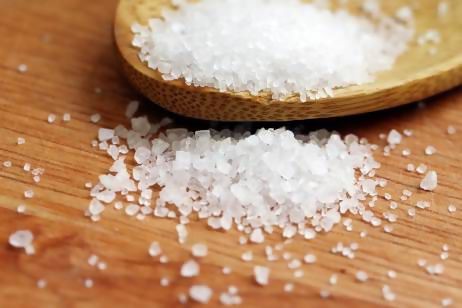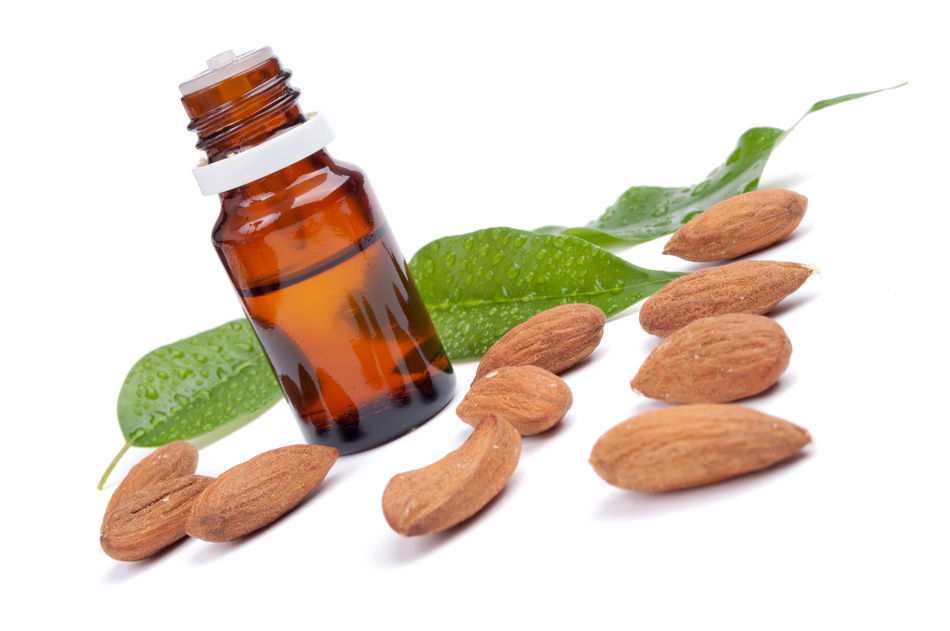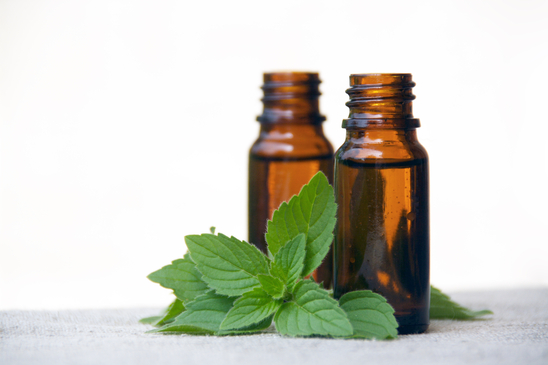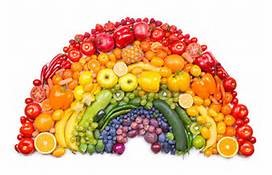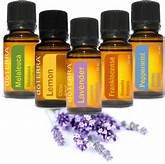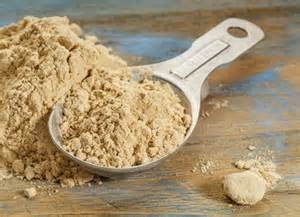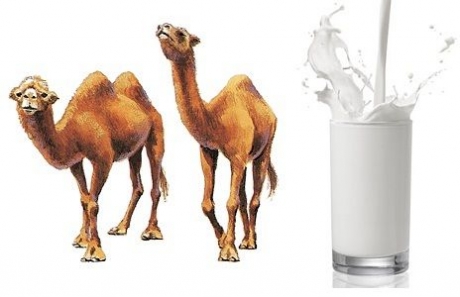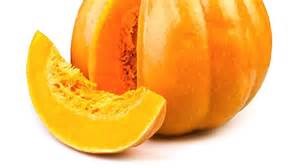The Mystery of Refined Salt
Salt has earned a bad reputation and people have learned to fear it! I grew up with my mom saying “I don’t want to put salt in my food because I have high blood pressure and salt is not good.” Many doctors warn their patients to stay away from sodium and sodium-rich foods. Their warnings are actually appropriate with regard to table salt, which is added to thousands of different manufactured foods.
Half of the American population suffers from water retention, a leading cause of weight gain and obesity. Table salt or refined salt causes fluids to accumulate and stagnate in the joints, lymphatic ducts, lymph nodes and kidneys. Refined salt may not be readily removed from the body thereby causing swelling, edema, and cellulite. Holding onto fluid in the body causes congestion and leads to dehydration of organs and tissues.
The dehydrating effect of commercial salt can lead to gallstone formation, kidney stones, high blood pressure and other health problems. If the body is not getting sufficient amounts of sodium through the diet, it must retain it. To maintain the normal concentration of sodium in the blood, it will retain extra amounts of water in the blood vessels. This raises blood pressure and causes hypertension.
Mineral deficiency can contribute to numerous health conditions. When cells suffer a dietary deficiency of trace minerals, they lose the ability to control their own ions. This has dire consequences on the human body. If the ion equilibrium is lost for just one minute, cells in the body begin to burst which can lead to nervous disorders, brain damage, or muscle spasms.
So what is the best salt to consume??? The answer is: Natural Sea salts.
Natural salts contain at least 72 mineral elements in perfect proportions whereas refined salt contains only 2 basic elements, sodium and chlorine. Of the 84 mineral elements found in the human body, 72 need to be supplied through a natural diet. Examples of natural sea salts include Celtic sea salt (grayish in color) and Himalayan crystal salt, which is considered the most nutritious. Black salt has lower sodium content, which is good for those who are sodium sensitive.

